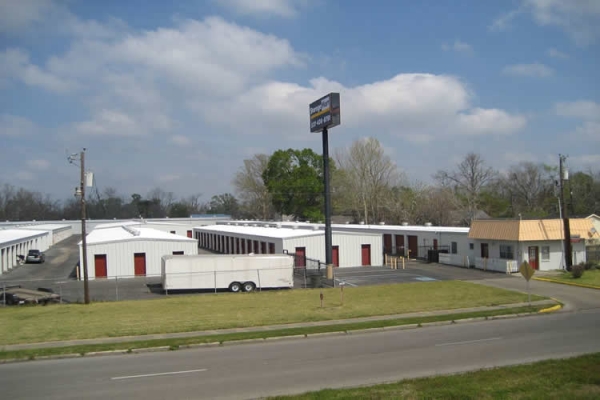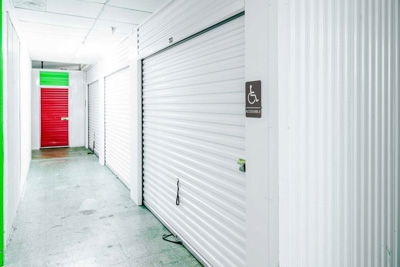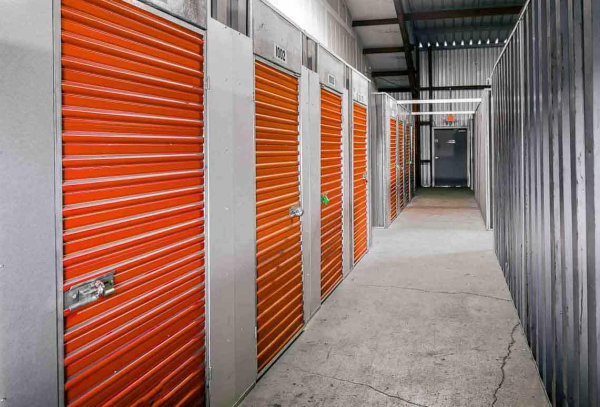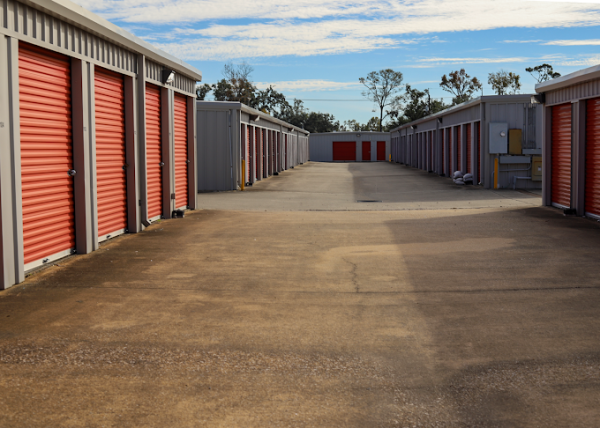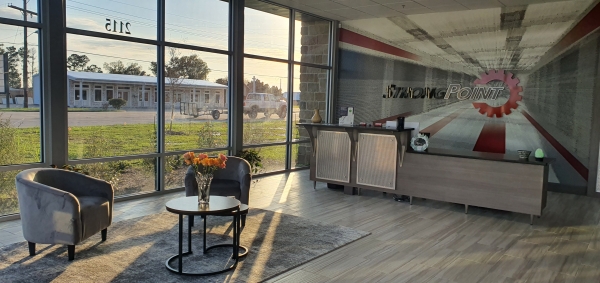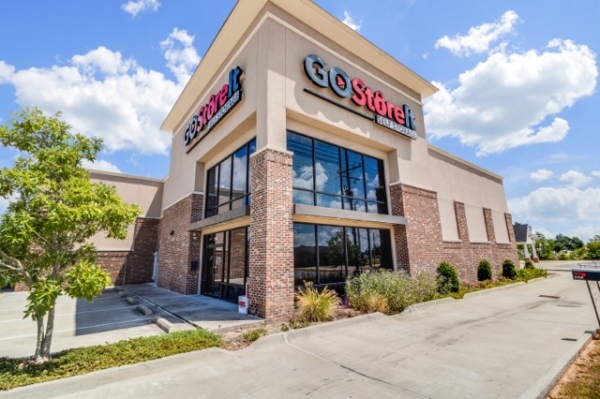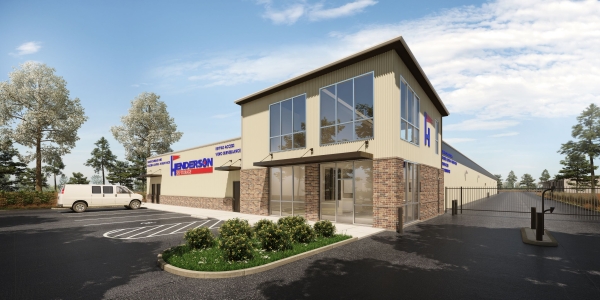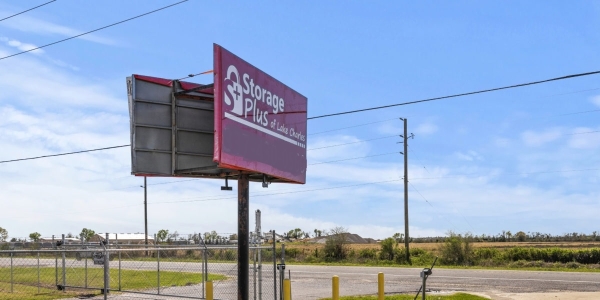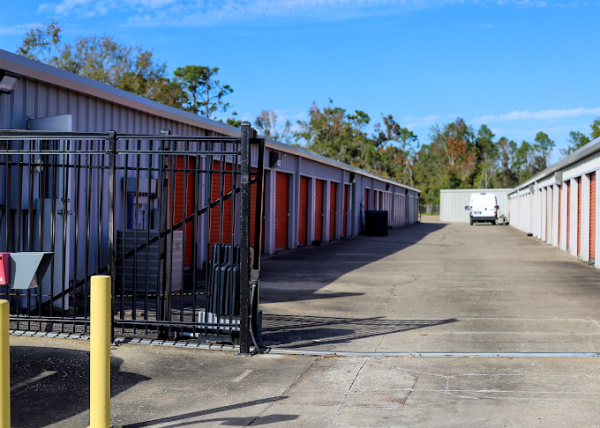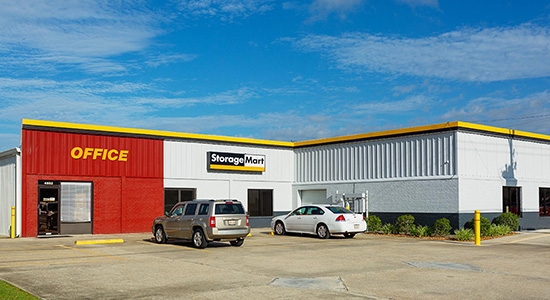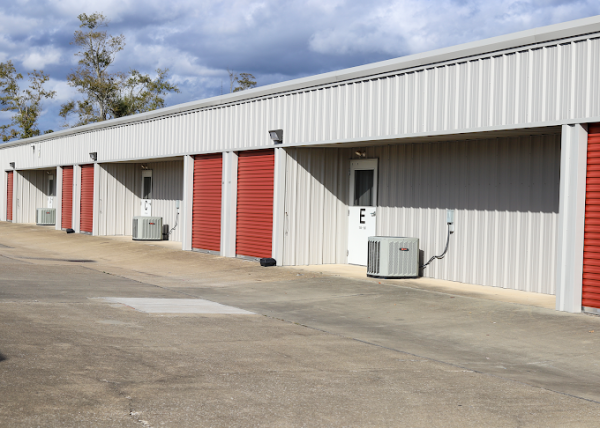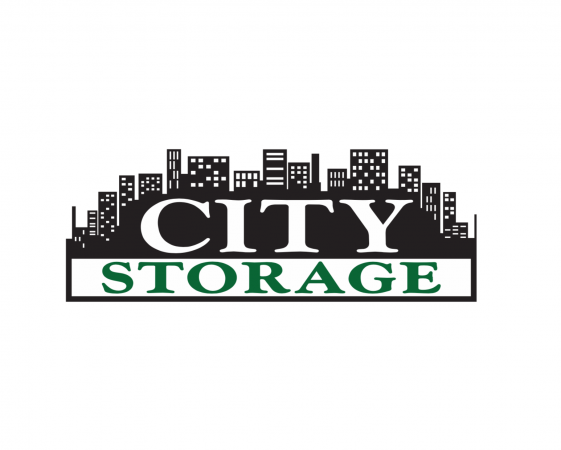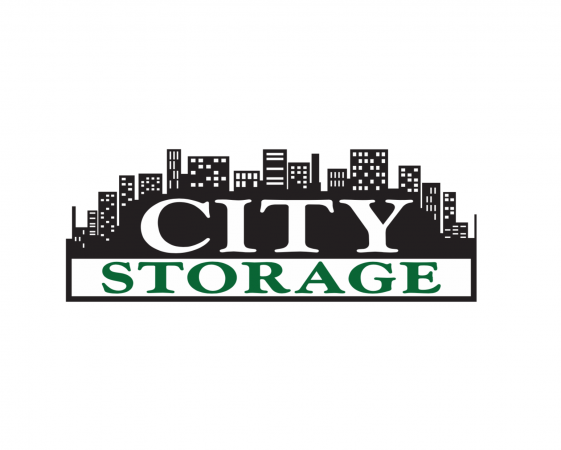Lake Charles, with its rich cultural heritage and proximity to natural attractions, has a growing population that increasingly requires versatile storage options. The area’s humid subtropical climate necessitates climate-controlled units to protect belongings from moisture damage, making it essential for residents and businesses alike to find secure and accessible storage solutions. As the city continues to develop, the need for facilities that can accommodate everything from seasonal items to business inventory is becoming more pronounced.
With a mix of families, young professionals, and local businesses, Lake Charles residents often seek storage for recreational gear, household overflow, and equipment related to the area’s outdoor lifestyle. The availability of features such as drive-up access and 24-hour entry enhances convenience, allowing users to easily retrieve or store items as needed. Whether you are decluttering your home or managing a business, the storage facilities in Lake Charles are equipped to meet the diverse demands of the community.
How Much Is a Storage Unit in Lake Charles, LA?
Here’s what you can expect to pay for Lake Charles storage units:
| 5’x5’ | $29 |
| 10’x10’ | $92 |
| 10’x15’ | $130 |
| 10’x20’ | $161 |
| 10’x30’ | $299 |
Lake Charles, LA Storage Unit Amenities
Common storage unit amenities in Lake Charles include:
- Climate Controlled
- 1st Floor
- Drive Up Access
- Video Cameras on Site
- 24-Hour Access
- Free Truck Rental
- Elevator
- Alarm in Unit
What to Look for in a Storage Unit in Lake Charles
Climate-Controlled Units
The humid climate in Lake Charles can lead to mold and mildew, making climate-controlled units essential for protecting sensitive items like furniture, electronics, and important documents. These units help maintain a stable environment, ensuring your belongings remain in good condition.
Convenient Access
With the city’s layout and the need for easy access to storage, facilities that offer drive-up access and 24-hour entry are particularly beneficial. This allows residents and business owners to quickly load and unload items without hassle, accommodating busy schedules.
Security Features
Given the importance of safeguarding personal and business belongings, look for storage facilities that provide robust security measures. Features such as video surveillance, gated access, and individual unit alarms are crucial for ensuring peace of mind when storing valuable items.
Additional Services
Many storage facilities in Lake Charles offer additional services like free truck rentals, which can significantly ease the moving process. This convenience is especially valuable for those who may not have access to a vehicle large enough to transport their belongings.
Frequently Asked Questions
How Much Is a Storage Unit in Lake Charles, LA?
Storage unit prices in Lake Charles typically range from $29 to $299 per month, depending on the size and features of the unit. Smaller units, like 5’x5′ spaces, are more affordable, while larger or climate-controlled units are priced higher.
Is Climate-Controlled Self-Storage Necessary in Lake Charles?
Yes, climate-controlled units are highly recommended in Lake Charles due to the area’s humidity levels. Items such as electronics, furniture, and important documents are particularly vulnerable to moisture damage and will benefit from temperature and humidity control.
What Size Storage Unit Do I Need?
- 5×5 or 5×10: Ideal for small personal items, seasonal gear, or dorm room furniture.
- 10×10: Fits the contents of a one-bedroom apartment, including furniture and boxes.
- 10×20 or larger: Suitable for multi-bedroom homes, vehicles, or business inventory.
How Can I Save on a Storage Unit in Lake Charles?
Maximize savings with promotions such as free trial periods or lower rates for extended agreements. Additionally, consider facilities located slightly outside the city center, which may offer lower rates.
Does My Insurance Cover Items in Storage?
While your renters’ or homeowners’ policy may cover stored items, there could be restrictions or limits. Checking with your insurance provider about coverage and assessing the need for supplemental storage insurance is wise.
